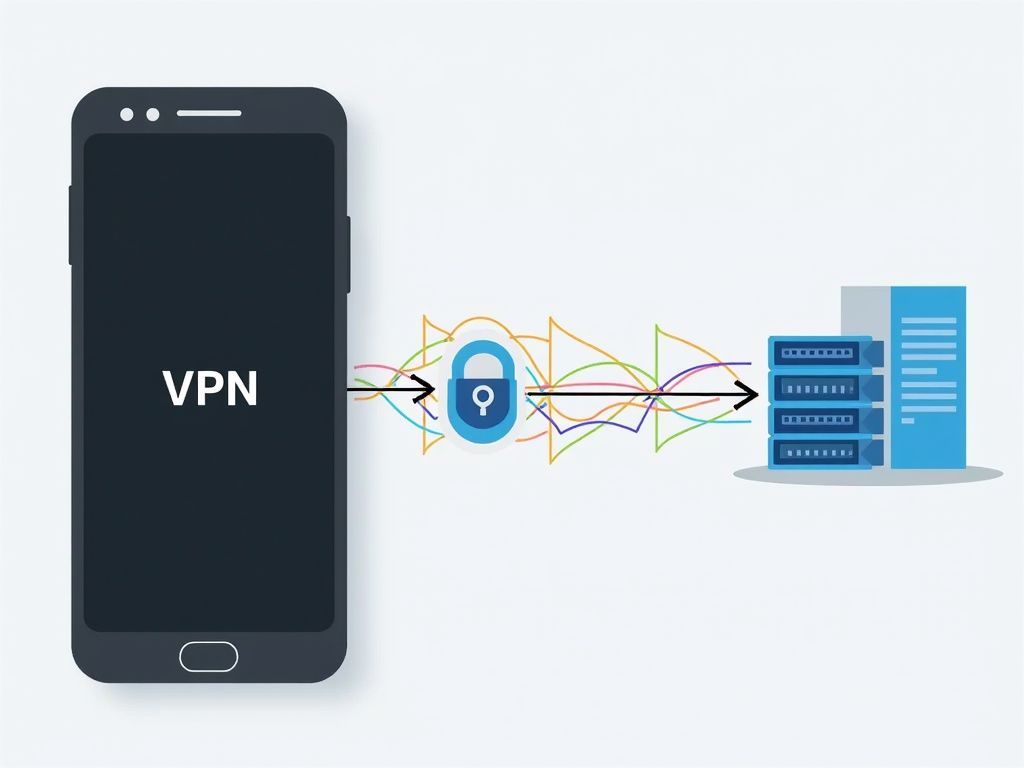Simple Steps to Boost Android Privacy: A Complete Guide
In today's digital age, protecting your privacy on Android devices is more important than ever. With increasing threats like data tracking, malware, and unsecured networks, taking control of your online privacy is crucial. This article provides simple steps and top tools, including IVPN, to help you enhance your Android privacy effectively.
Why Android Privacy Matters
Android devices are incredibly popular, but they can also be vulnerable to privacy risks. Apps often request excessive permissions, tracking your location, contacts, and even your browsing habits. Unsecured Wi-Fi networks can expose your data to hackers, and outdated software can leave your device open to malware. By taking proactive steps, you can minimize these risks and keep your personal information safe.

Simple Steps to Boost Android Privacy
Here are some easy yet effective ways to enhance your Android privacy:
- Review and Adjust App Permissions
-
Go to your device's settings and check the permissions granted to each app. Revoke any unnecessary permissions, like location access for apps that don't need it. For example, a weather app might not need access to your contacts.
-
Use a Secure Lock Screen
-
Set up a strong PIN, password, or biometric lock (fingerprint or face recognition) to prevent unauthorized access to your device.
-
Enable Two-Factor Authentication (2FA)
-
For accounts that support it, enable 2FA to add an extra layer of security. This ensures that even if someone gets your password, they can't access your account without the second factor.
-
Keep Your Device and Apps Updated
-
Regularly update your Android OS and apps to patch security vulnerabilities. Enable automatic updates to stay protected.
-
Avoid Public Wi-Fi or Use a VPN
-
Public Wi-Fi networks are often unsecured, making it easy for hackers to intercept your data. If you must use public Wi-Fi, connect through a VPN like IVPN to encrypt your connection.
-
Be Cautious with App Installations
- Only download apps from trusted sources like the Google Play Store. Avoid sideloading apps from unknown websites, as they may contain malware.

Top Online Privacy Tools for Android Users
In addition to the basic steps, using the right tools can significantly boost your privacy. Here are some of the best online privacy tools for Android:
- IVPN: A highly secure VPN service that encrypts your internet traffic, hiding your IP address and protecting your data from prying eyes.
- Signal: An encrypted messaging app that ensures your conversations remain private.
- Firefox Focus: A privacy-focused browser that blocks trackers and deletes your browsing history automatically.
- Bitwarden: A secure password manager that helps you create and store strong, unique passwords for all your accounts.

How to Configure IVPN on Android for Maximum Privacy
IVPN is one of the most trusted VPN services for privacy-conscious users. Here's how to set it up on your Android device for maximum privacy:
- Download and Install IVPN
-
Go to the Google Play Store and search for "IVPN." Download and install the app.
-
Create an Account
-
Open the app and sign up for an IVPN account if you don't already have one. Choose a subscription plan that suits your needs.
-
Choose the Right Server
-
Once logged in, select a server location. For maximum privacy, choose a server in a privacy-friendly country like Switzerland or Iceland.
-
Enable the Kill Switch
-
In the app settings, enable the kill switch feature. This ensures that if your VPN connection drops, your internet access is cut off, preventing data leaks.
-
Configure Split Tunneling (Optional)
-
If you want certain apps to bypass the VPN, use the split tunneling feature. This can be useful for apps that require a direct connection.
-
Connect and Verify
- Tap the connect button to establish the VPN connection. You can verify your connection by checking your IP address on a site like ipleak.net.

Additional Tips for Enhanced Privacy
- Use Encrypted DNS: Configure your device to use an encrypted DNS service like Cloudflare's 1.1.1.1 for added privacy.
- Disable Location Services When Not Needed: Turn off location services for apps that don't require them to prevent unnecessary tracking.
- Regularly Clear Cache and Cookies: Use your browser's settings to clear cache and cookies periodically to remove tracking data.
Summary
Protecting your privacy on Android doesn't have to be complicated. By following these simple steps and using top tools like IVPN, you can significantly enhance your online security. Remember to stay vigilant, keep your device updated, and be mindful of the permissions you grant to apps. For more in-depth information, check out the recommended readings below.